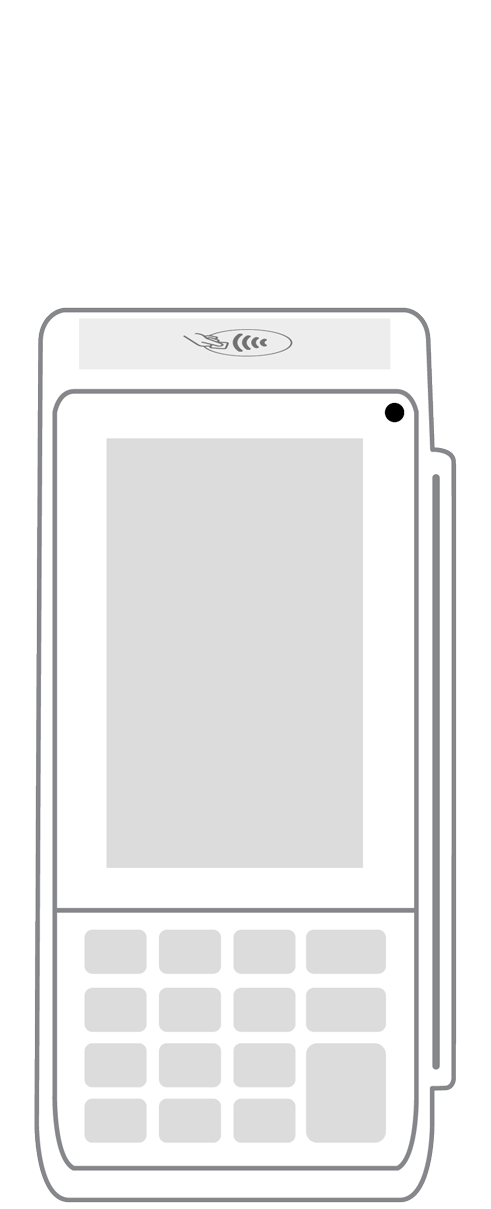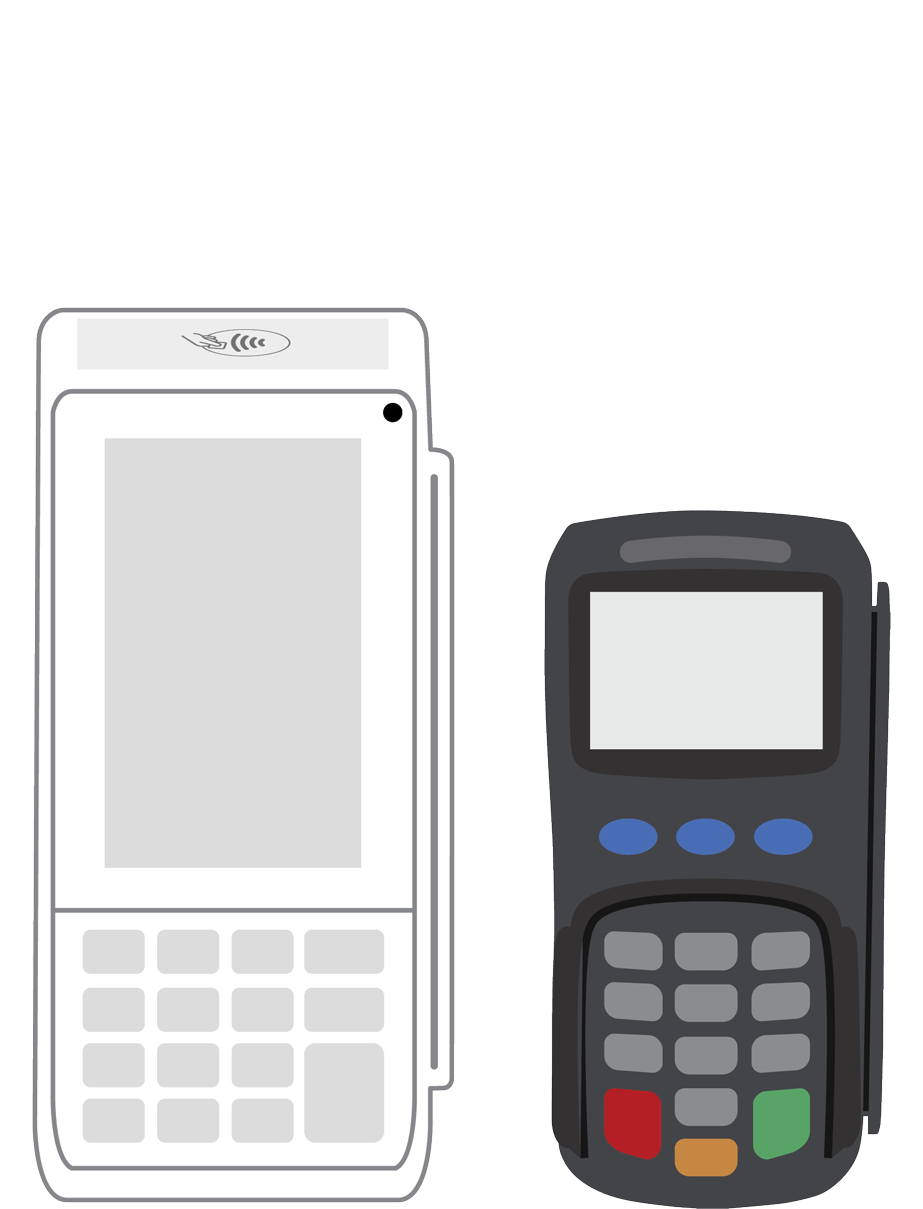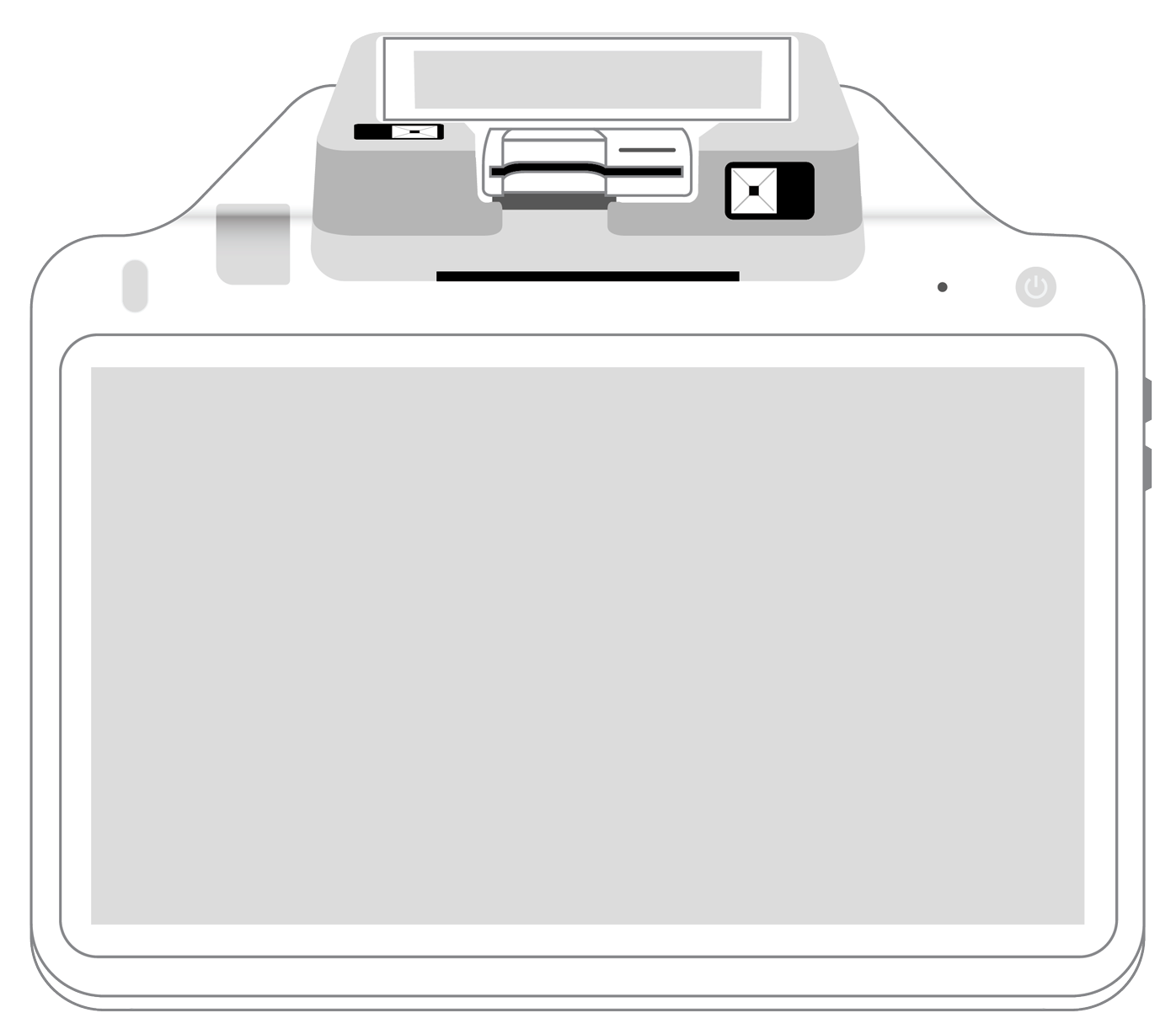The Essentials to Developing a Business Plan

 Before your small business can truly take off, you will need to establish a secure business plan. While it may be beneficial to seek help from a consultant of some sort, it is important that you are the main preparer. Make sure to include the following features in your business plan to make it as effective as it needs to be.
Before your small business can truly take off, you will need to establish a secure business plan. While it may be beneficial to seek help from a consultant of some sort, it is important that you are the main preparer. Make sure to include the following features in your business plan to make it as effective as it needs to be.
1. Business Description. Include a short description of what your business does. What kind of business do you own? When was it – or when will it be – officially established?
2. Mission Statement. Your business’s mission statement is more vital than you may think. It needs to be profound, as it will be the face – text-wise – of your company. It needs to not only define the purpose and main goals of your business, but it also needs to incorporate the values of your employees toward customers.
3. Staff. A breakdown of the entire staff should be included in the plan, as well as the qualifications for specific roles. Management of staff also needs to considered and noted, such as who will keep who in line, the order of responsibility, and so on.
4. Target Market. You will need to define the market which you will be aiming to reach. Consider things like age, income, education levels, residential areas, and interests. You will need to know who your business is trying to sell your products or services to before jumping right into the game. Establishing a target market beforehand will open the way for efficient practices and saved money while marketing later on.
5. Marketing. Once you know who you will be marketing to, you will need to determine the best way to do so. You will need to find out which social media channels your particular audience is accustomed to, as well as which forms of brand advertising you will enlist in. It is extremely important to keep your customers’ interests and tendencies in mind when choosing outlets, as well as keeping current with the latest trends in this new, digital marketing world.
6. List of Strengths and Weaknesses. It would be beneficial to determine your business’s areas of strengths and weaknesses. Know ahead of time where you will need to devote the most time and energy to, at least in the beginning. Possible threats should also be thought about and noted; doing so will open your eyes and allow for preparation should the problems ever occur. You will also be able to spot them more quickly if you know what you are looking out for.
7. Financials. A three-year income statement should be drafted. It will need to include gross profit margins, expected incomes, payroll expenses, as well as rent, marketing, and inventory expenses as well. You will need to carefully map out the estimates since you will need to know what your business’s break-even point is. A return of investment may be calculated upon the completion of the averaged income statement. Along with your financial forecast, it is crucial to designate a section for funding requirements. You need to make sure that you have enough cash to start your business. Not only to start it out, but enough working capital so that you can keep your business afloat during the first few months. It is a good idea to have at three months of rent and salaries set aside ahead of time. Keep in mind that though you may have received funding from banks, those payments will have to be repaid. Keep track of the interest rates and minimum payment conditions of each institution you plan to borrow from, and make a point to stay aware of the various due dates.
The success of your business partly depends on your business plan. The stronger and more detailed your plan is, the stronger your company’s chances of taking off smoothly and successfully.
 3-in-1 Reader |  Terminal |  Keypad |  PINPad Pro |  Flex |  POS+ | |
|---|---|---|---|---|---|---|
Payment types | ||||||
EMV chip card payments (dip) | ||||||
Contactless payments (tap) | ||||||
Magstripe payments (swipe) | ||||||
PIN debit + EBT | ||||||
Device features | ||||||
Built-in barcode scanner | ||||||
Built-in receipt printer | ||||||
Customer-facing second screen | ||||||
External pinpad | ||||||
Wireless use | ||||||
Network | ||||||
Ethernet connectivity | With dock | |||||
Wifi connectivity | ||||||
4G connectivity | ||||||
Pricing | ||||||
Free Placement | ||||||